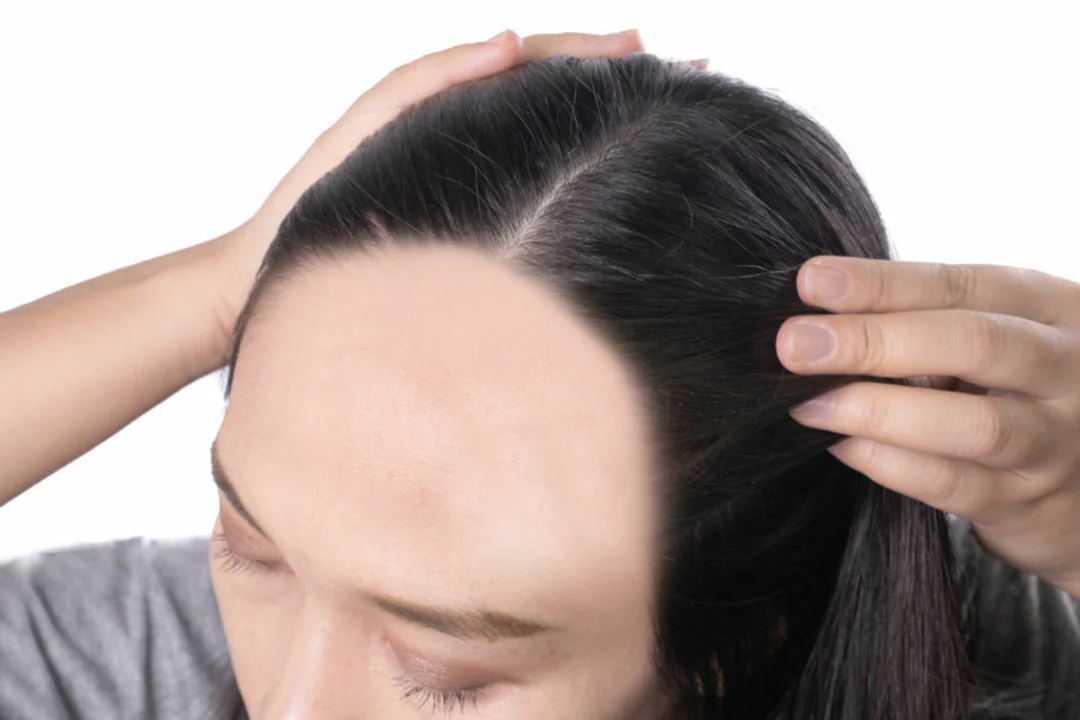Hair Loss: Causes, Treatments, and Practical Tips
Seeing more hair in the drain or on your pillow is stressful. Hair loss is common, but that doesn’t make it easy. This page collects practical articles and guides to help you understand why hair thins and what actually helps it grow back.
Why does hair fall out? The short answer: many reasons. Genetics (male and female pattern hair loss) is the most common cause. Hormone shifts, thyroid problems, certain medications, nutritional gaps, and stress can all speed up shedding. Some scalp conditions and infections also cause patchy loss. If the pattern is sudden, patchy, or linked to other symptoms like fatigue or skin changes, get evaluated by a doctor.
Which treatments work? Two home treatments have the most evidence: topical minoxidil and oral finasteride for men. Minoxidil can help both men and women by stimulating follicles and is available over the counter in 2% and 5% solutions or foam. Finasteride blocks DHT, a hormone tied to male pattern hair loss, but it’s prescribed and not suitable for women of childbearing age. Other options include low‑level laser devices, platelet‑rich plasma (PRP), and surgical hair transplants. Results vary and take months to appear.
Smart daily habits that help
Small habits matter. Avoid tight hairstyles that pull on roots. Use a gentle shampoo and don’t wash hair with excessively hot water. Cut down on heat styling and chemical treatments that weaken strands. Eat a balanced diet with enough protein, iron, zinc, vitamin D, and B vitamins. If you suspect a deficiency, ask your doctor for simple blood tests before taking random supplements.
When to see a professional
If your shedding suddenly increases, you notice sudden bald patches, or you have itching, redness, or pain on the scalp, see a dermatologist. Also see a clinician if you have signs of hormonal issues, such as irregular periods or unexpected weight changes. A specialist can check for underlying causes, suggest tests, and recommend treatments like prescription medicines or procedures.
What about supplements and “miracle” products? Many products promise fast regrowth, but few have strong proof. Biotin helps only with specific deficiencies. Supplements can be useful when testing shows a lack, but they won’t reverse genetic hair loss. Be skeptical of dramatic before‑and‑after photos and read product reviews carefully.
Shopping safely online matters. If you buy medications or supplements online, choose reputable pharmacies and check for proper labeling and contact information. Avoid sites that sell prescription drugs without a prescription. This tag on GenMedicare gathers trusted guides, drug info, and shopping tips so you can make safer decisions.
Start small: track when shedding changes, improve diet and hair care, and talk to your doctor if progress stalls. Hair regrowth often takes time, but with the right steps you can slow loss and improve hair health.
Expect to try treatments for at least four to six months; hair cycles are slow. Take monthly photos and note changes. Sometimes combining treatments under a doctor’s advice gives better results. Be patient. Really.
The role of hair care products in causing and preventing hair loss
As a blogger, I've noticed that hair care products play a significant role in both causing and preventing hair loss. Some products contain harsh chemicals that can damage hair follicles, leading to hair loss. On the other hand, there are many hair care products specifically designed to prevent hair loss by strengthening hair and promoting a healthy scalp. It's essential to choose the right products for your hair type and be cautious of the ingredients list. In conclusion, being mindful of the products we use on our hair can make a huge difference in preventing hair loss and maintaining a healthy mane.
View more
